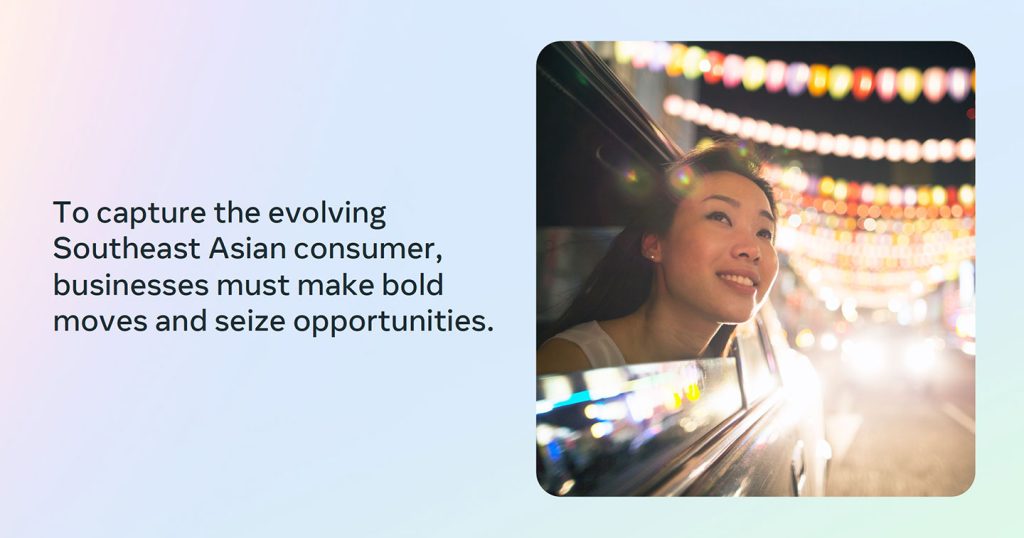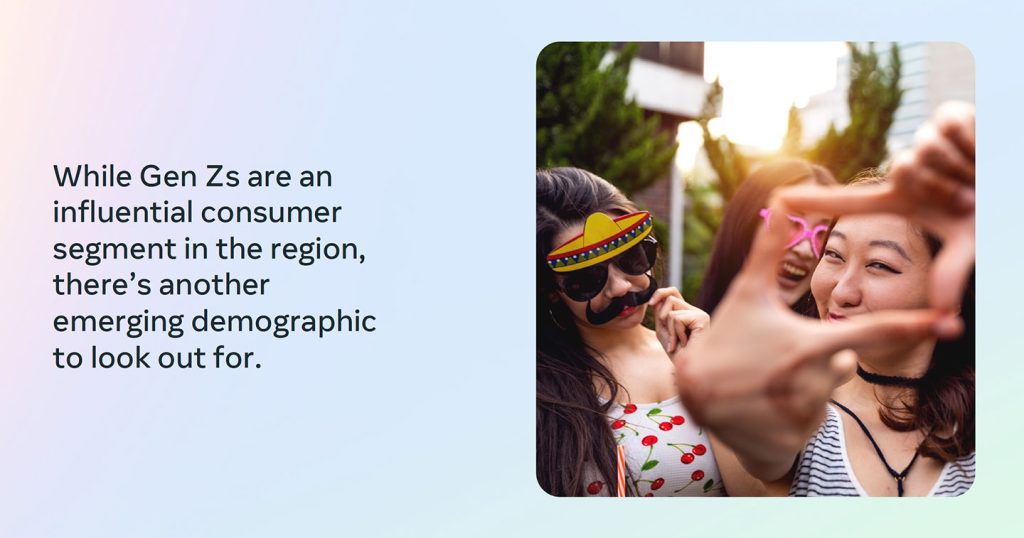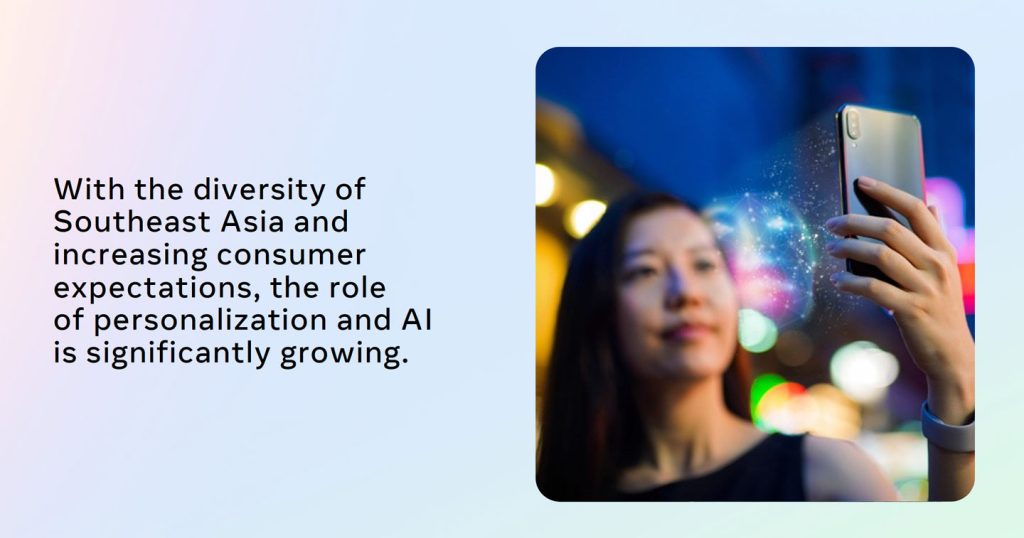MANILA, PHILIPPINES — Southeast Asia consumer confidence is on track for a rebound as value-seekers embrace new “needs,” according to Meta, Bain & Company, and DSG Consumer Partners’ 2023 SYNC Southeast Asia report “Bold Moves: Leading Southeast Asia’s next wave of consumer growth.” 39% of consumers surveyed in Southeast Asia indicated a reduction in average spend in the past year, citing top concerns around economic stability (63%) and cost of living (58%). The largest spend drop in the Philippines was observed in alcohol and vacations, while food and wellness categories remained resilient.
However, the report observed that despite reduced spending, consumers are reprioritizing what they perceive to be needs vs wants. Previously cited luxuries like eating out every week, branded apparel, and latest gadgets have moved into what consumers perceive as new “needs.” Across income levels, social media was cited as the top essential category, and streaming emerged as a rising essential category.

According to the report, Southeast Asia’s working population is set to increase by 24 million people by 2030. With rising incomes, as well as the growing middle and upper middle class, the region is moving closer to a consumption inflection point which will accelerate the trajectory of consumption growth. Two consumer segments in particular drive this growth – Gen Zs and Single Households.
Gen Zs currently make up 23% of the total Southeast Asia population, while the solo economy, comprising single households, is growing and driven by three key demographic groups – older singles, young professionals and young urban migrants. Shifts in household sizes are expected to be most pronounced in the Philippines, Singapore and Thailand, which are expected to see a 20% increase in single households by 2030.

“Southeast Asia as a region has demonstrated resilience amidst the global slowdown and consumer sentiment is rebounding in most markets. This is a great opportunity for businesses to address the needs of approximately 700 million consumers in a USD $4T economy that is forecasted to grow at 4.6% to 2030 (vs 2.7% globally). SEA has repeatedly shown its importance as part of investors’ portfolios with significant global valuation and profit and loss impact. To take the region to full potential, bold moves are required: relooking at your SEA ambition by prioritizing, sequencing, and most importantly, funding them. Companies should also form an obsession with local consumers and evolve operating models to be locally responsive – balancing the incumbent scale advantage and the disruptive insurgent mindset,” said Praneeth Yendamuri, Partner at Bain & Company.
According to the report, Gen Zs value individuality, authenticity, and identity more than other generations. Gen Zs are also not just digital-centric, but highly engaged in the digital community, messaging businesses an average of eight times a month, and in the Philippines, half of those surveyed say they trust what online reviews say about products.

While Gen Zs are at the forefront of digital-first behavior in Southeast Asia, older generations are quickly catching up and are not far behind in experimenting with new technology. The fact that all generations in the region are spending more time online and experimenting with new technologies such as AI, VR, and healthtech will affect how Southeast Asian businesses can successfully engage with consumers.
This report identified how businesses in Southeast Asia are beginning to use AI for marketing purposes and to address region-specific issues, such as diverse languages, cultures, and preferences. “AI is powering better experiences for people and it’s powering better outcomes for businesses. At Meta, we’re combining our AI-powered discovery engine with the social connection that has always been the core of our platforms to deliver more relevant, entertaining, and locally attuned experiences. With new tools capable of big impact, it’s no surprise that marketers across Southeast Asia, including in the Philippines, are already starting to lean into AI to drive more impactful engagement and performance,” said John Rubio, Country Director for Philippines at Meta.
On what’s to come, the report found that 73% of business leaders surveyed recognized the opportunities from AI but also admitted that they were not prepared to seize them. The report suggested that the focus on personalized marketing and the investment in AI-powered and AI-enabled tools to facilitate personalization on a large scale, will enable businesses to effectively reach Southeast Asian consumers and drive strong ROI. “Embracing AI is now more crucial than ever for businesses aiming to thrive in the ever-evolving digital landscape of the Philippines, and Southeast Asia at large,” Mr. Rubio said.

The report also recognized the dawn of the insurgent disruptor. Defined as brands that are new to the market and are growing five times quicker in revenue vs their category growth rate, insurgent disruptors are now responsible for US$52B revenue in Southeast Asia alone and accounted for 23% market share in 2022. Top categories where insurgent disruptors have successfully gained market share include beauty, personal care, and packaged food.
“Insurgent disruptors are new brands that are less than 10 years old and have demonstrated strong market share growth. With ‘wants’ transitioning into ‘needs’ and dissatisfaction with what the incumbent brands provide, it is no surprise that Southeast Asian consumers are choosing insurgent disruptors to satisfy their unmet needs and evolving expectations,” said Mr. Sameer Mehta, Head of Southeast Asia at DSG Consumer Partners.
For more information, read the full report online here.








